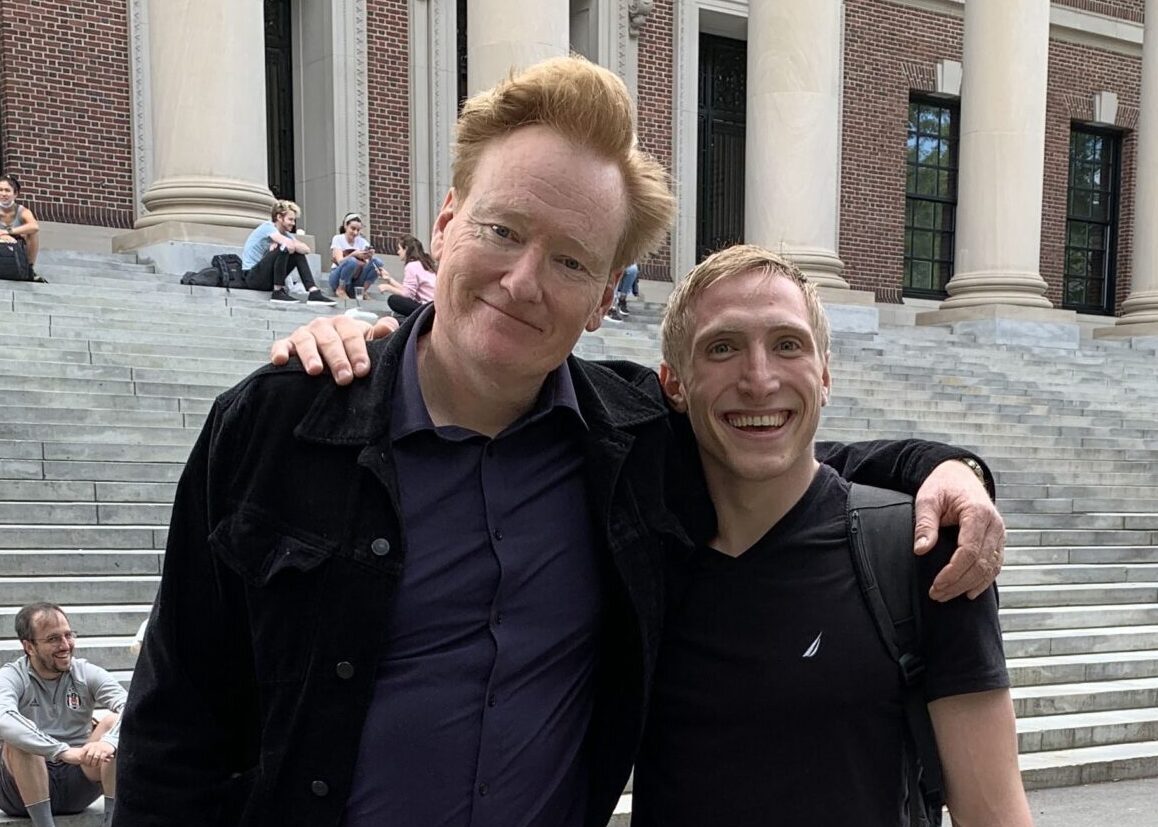
Greg Volynsky is a student at Harvard Law School.
In today’s News & Commentary, Starbucks workers in Chelsea file petition for decertification vote, federal jury orders largest settlement ever under the Fair Labor Standards Act, and employees at an architecture firm file petition to unionize.
On Thursday, workers at the Starbucks Reserve Roastery in Chelsea, New York, filed a petition to hold a vote to decertify their union. This move comes a little over a year after the employees at this store became the first Starbucks workers in NYC to unionize. The Chelsea Roastery Starbucks also gained coverage during a seven-week strike last year. The anti-union effort is aided by the pro-bono representation of the National Right to Work Legal Defense Foundation (NRTW), the group which successfully argued the 2018 Janus decision, and comes just days after workers at two other Starbucks stores in Rochester and Buffalo, New York, also submitted decertification petitions.
On Wednesday, a federal jury ordered East Penn Manufacturing Co., one of the largest battery manufacturers globally, to pay over $22 million in back wages to its employees. The court found the company guilty of not paying workers for the time required to change into protective clothing and shower; the verdict marks the largest settlement ever under the federal Fair Labor Standards Act (FLSA). The lawsuit was filed by the U.S. Department of Labor in 2018, alleging that the company typically paid workers only for their scheduled eight-hour shifts, not accounting for the time employees spent on essential safety measures.
On Tuesday, employees at Snøhetta, an international design firm, filed a petition to unionize under the International Association of Machinists and Aerospace Workers. The firm has approximately 90 employees in New York and San Francisco. If they succeed, Snøhetta will be only the second private architecture firm in the U.S. to have a union in almost a hundred years. The petition comes a year and a half after employees at SHoP Architects, a prominent firm with about 135 employees, filed a petition to unionize. The petition was withdrawn following a “powerful anti-union campaign.” While the unionization effort failed, it sparked a wave of similar efforts. In September 2022, Bernheimer Architecture, a 22-person Brooklyn-based firm, unionized. While the architecture industry is known for long hours and low pay, the motivation for unionizing at Snøhetta is not to improve poor working conditions, but to ensure the continuity of current better-than-industry-standard conditions.






Daily News & Commentary
Start your day with our roundup of the latest labor developments. See all
July 3
California compromises with unions on housing; 11th Circuit rules against transgender teacher; Harvard removes hundreds from grad student union.
July 2
Block, Nanda, and Nayak argue that the NLRA is under attack, harming democracy; the EEOC files a motion to dismiss a lawsuit brought by former EEOC Commissioner Jocelyn Samuels; and SEIU Local 1000 strikes an agreement with the State of California to delay the state's return-to-office executive order for state workers.
July 1
In today’s news and commentary, the Department of Labor proposes to roll back minimum wage and overtime protections for home care workers, a federal judge dismissed a lawsuit by public defenders over a union’s Gaza statements, and Philadelphia’s largest municipal union is on strike for first time in nearly 40 years. On Monday, the U.S. […]
June 30
Antidiscrimination scholars question McDonnell Douglas, George Washington University Hospital bargained in bad faith, and NY regulators defend LPA dispensary law.
June 29
In today’s news and commentary, Trump v. CASA restricts nationwide injunctions, a preliminary injunction continues to stop DOL from shutting down Job Corps, and the minimum wage is set to rise in multiple cities and states. On Friday, the Supreme Court held in Trump v. CASA that universal injunctions “likely exceed the equitable authority that […]
June 27
Labor's role in Zohran Mamdani's victory; DHS funding amendment aims to expand guest worker programs; COSELL submission deadline rapidly approaching